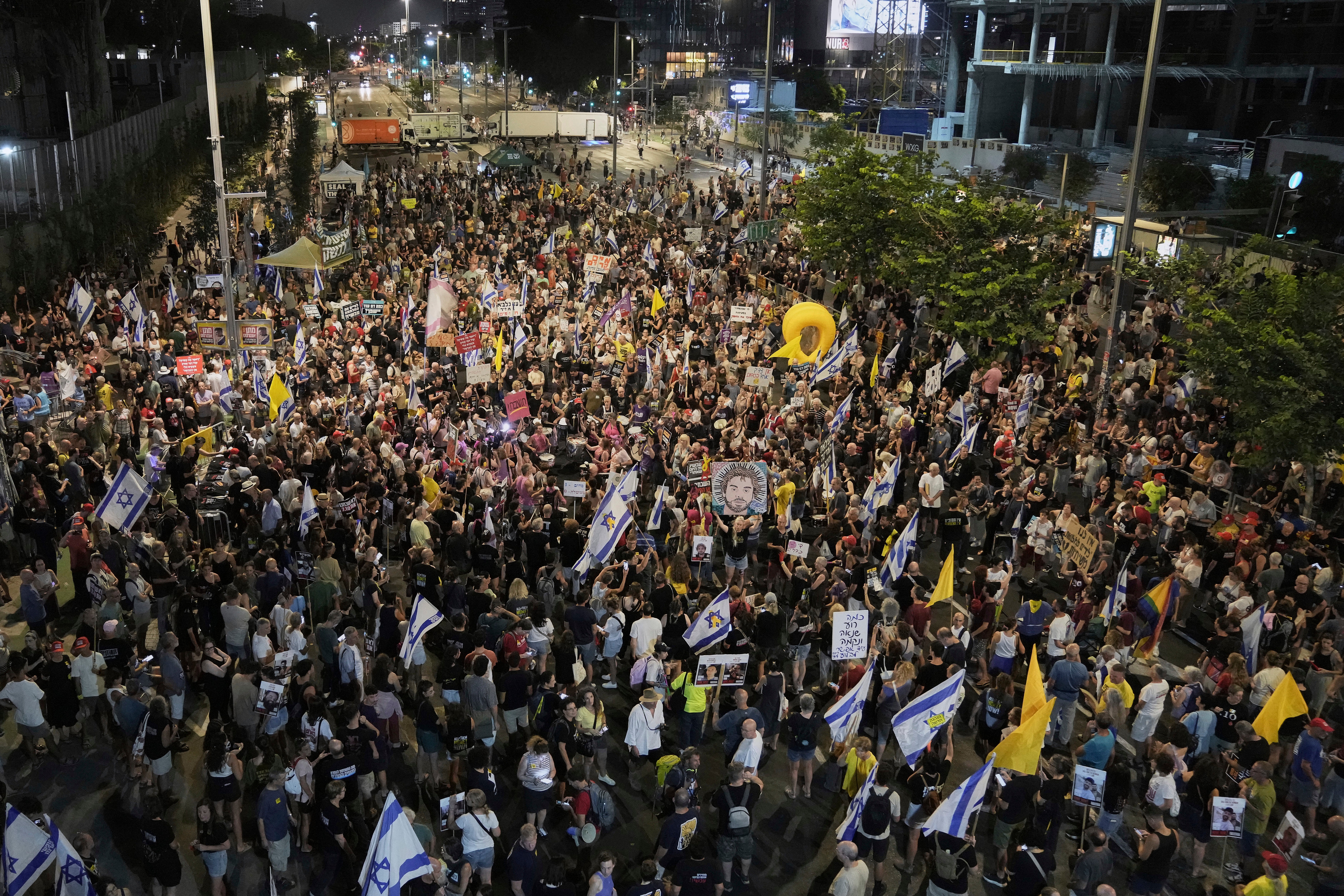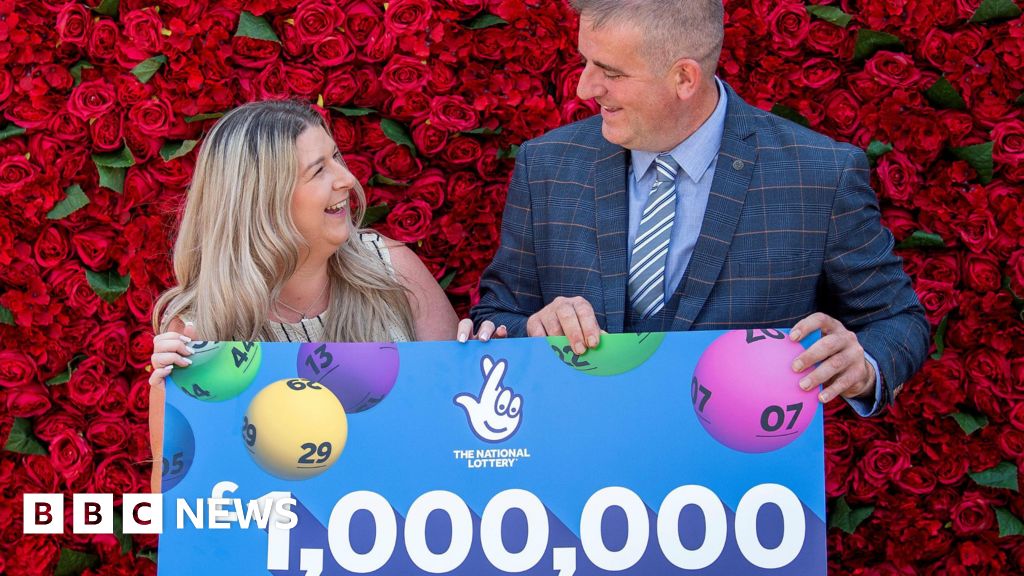What should we learn from the murder of six million Jews?” my Israeli high school teacher asked each Holocaust Memorial Day. The response came like a liturgy: “Remember and never forget,” followed by the familiar chorus: “We must never let it happen again. That’s why we need a strong army to defend us.”
The post-Holocaust Jewish identity has been forged by millennia of persecution, where survival itself became a form of resistance. Almost every holiday retells the story: we were strangers, we were hunted, we endured.
Yet, in that classroom, I couldn’t stop thinking about my grandparents’ survival and how their suffering had been conscripted into a narrative of strength through force. Was the Holocaust’s greatest lesson that Jews must arm themselves, or that we, as humans, must protect the vulnerable and resist the comfort of looking away? The Holocaust didn’t happen simply because extremists wanted to kill Jews. It succeeded because ordinary people chose selective blindness when neighbours disappeared, focusing on their own wartime hardships, and insisting things weren’t as dire as they seemed.
During my first visit back to Israel since the 7 October attacks, a friend asked if I was afraid of the antisemitism in London. “Not really,” I replied. At demonstrations, I had seen families holding posters, students with keffiyehs, and elderly women with Palestinian flags. Nothing about them felt threatening to me. Sometimes, it felt a bit tense, but when I heard the slogan “From the river to the sea”, I heard a call for Palestinian freedom, not Israeli elimination.
“And what about the way news all over the world keeps showing only the Palestinian side? Don’t you find this scary?” he asked.
“I find the images of the children in Gaza far scarier,” I replied. “Aren’t you horrified by these photos?”
“Of course I am,” he said. “But before we take care of children in Gaza, we must bring all the Israeli hostages home.”

We were debating lunch when half a dozen young Israeli boys suddenly started jumping and chanting, “May your village burn” in Hebrew, an anti-Arab refrain that has become more widespread among right-wing extremists since 7 October.
I was shocked. My friend shook his head. “You haven’t lived here for years, so you don’t understand. Every family knows someone who was affected by 7 October. When people are dealing with that kind of trauma, they don’t have the headspace to deal with every stupid kid singing songs.”
I could feel his pain, and it made me question my judgement. How could I criticise my friends and family for their indifference to Gaza’s suffering? Maybe eyes so full of tears cannot see what is happening around them. Yet, even in that blindness, the acuteness of torment demands to be seen. Words cannot measure the depths of the devastation Palestinians are experiencing now.
During my visit, I attempted to meet my friend Mousa, a Palestinian peace activist I had known for years. Twice, he couldn’t make it through the checkpoints. What used to be a difficult journey has become nearly impossible since 7 October.
I had travelled to the West Bank many times, taking advantage of how easily cars with Israeli licence plates pass through checkpoints. I drove to Mousa’s past a sign pointing west to Argaman. The village name was written in Hebrew first, then English, and below that, Arabic. The Arabic was crossed out with graffiti.
The first road towards Mousa’s was closed, so I continued to the second, where Israeli soldiers stood at a makeshift checkpoint by their jeep.
A teenager with a breaking voice asked me for ID. I wondered how the military prepares someone barely out of high school to make split-second decisions about who poses a threat and who doesn’t.
Behind me, the elderly owners of a car with Palestinian license plates watched as three soldiers checked their papers, their belongings, and under their seats. Meanwhile, I had been waved away with a concerned, “Take care, bro.”
“Welcome to my life,” said Mousa when I rang him. That casual acceptance haunted me more than the checkpoints.
Years ago, in that classroom, I stayed silent as Holocaust memory was transformed into justification for endless militarisation. The question I was too afraid to ask then demands an answer now: does surviving genocide grant us license to inflict suffering – or does it obligate us to prevent it?



